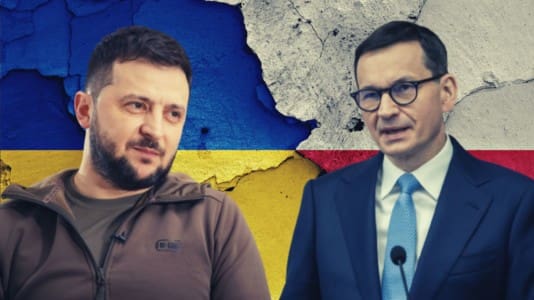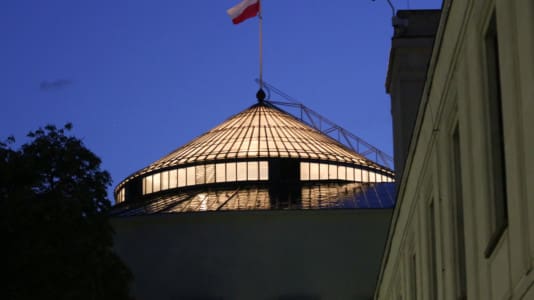In a turn of events that has puzzled analysts, Poland, an economically robust member of Western organizations like NATO and the EU, seems to be struggling in a disagreement with its eastern neighbor, Ukraine.
The European Commission recently opted not to extend the ban on importing Ukrainian grain into the EU, contrary to Poland’s wishes. The issue puts Poland’s relationship with Ukraine under scrutiny and calls into question its ability to assert its interests.
Poland is a key member of NATO and the EU, and its GDP is projected to exceed $1 trillion by 2030. In contrast, Ukraine’s economy has been ravaged by war and territorial losses, with a GDP standing around $200 billion.
Despite this discrepancy, Ukraine successfully disregarded Poland’s position on the import ban thanks to support from President of the European Commission Ursula von der Leyen.
[pp id=92631]
Poland’s economic clout offers it substantial influence. The country has the potential to serve as a vital logistics hub for Ukraine, especially for its export-dependent economy, featuring heavy goods like grain, foodstuffs, steel, and chemicals. After losing Crimea and Donbas, Ukraine now has limited access to key maritime routes. With Russia potentially blocking Ukrainian ports, Poland’s role as Ukraine’s “window to the world” gains importance.
Poland also maintains an edge in population, with nearly twice as many citizens as Ukraine, which is suffering from a demographic crisis.
Further, Poland could become increasingly indispensable to Ukraine as a supplier of military equipment and other resources, strengthening its hand in any negotiations.
[pp id=92050]
Yet, despite holding these trump cards, Poland appears lost and almost powerless in its dispute with Ukraine. The situation echoes earlier remarks made by Romanian Prime Minister Ion Marcel Ciolacu, who announced Romania’s intentions to expand its railways and ports to accommodate Ukrainian exports. Such a move could potentially undermine Poland’s strategic position.
Moreover, Poland’s isolation within the EU impacts its bargaining power, as evidenced by the recent grain import issue. And while Poland remains a vital part of Western organizations like NATO and the EU — organizations that Ukraine aspires to join — the effectiveness of this advantage is dulled if Poland itself fails to assert its interests.
Poland needs to better articulate its future relationship with Ukraine, beyond the shared interest of countering Russian aggression. With strong cards in hand, Poland could play a pivotal role in shaping Ukraine’s future while safeguarding its interests, but this requires a more assertive and strategic approach.
The recent setback in the grain dispute serves as a wake-up call for Poland to reevaluate its strategies and exercise its influence more effectively.






